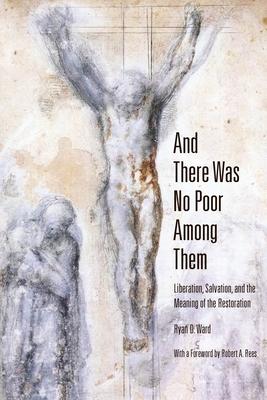While The Church of Jesus Christ of Latter-day Saints has expanded many fundamental Christian doctrines, salvation is still understood as pertaining exclusively to the next life. How should we understand salvation and what does the timing of the Restoration reveal about God's vision of salvation for a suffering world?
To answer these questions, author Ryan Ward traces the theological evolution of salvation from the liberation of Israel from oppression to the Western Christian development of salvation as an individualistic, transactional atonement. This evolution corresponded with the shift of Christianity from a covenant community to an official state religion aligned with imperial power structures. Ward also explores the economic and social movements in the centuries leading up to the Industrial Revolution, which solidified the power of propertied elites at the expense of the poor, plundered entire continents, and killed millions.
Synthesizing these theological and historical threads, And There Was No Poor Among Them: Liberation, Salvation, and the Meaning of the Restoration asserts that the Restoration is God's explicit rejection of social and economic systems and ideologies that have led to the globalization of misery. Instead, Ward shows how the Restoration and the gospel of Christ is an invitation to a participatory salvation realized in Zion communities where "there are no poor among us."
